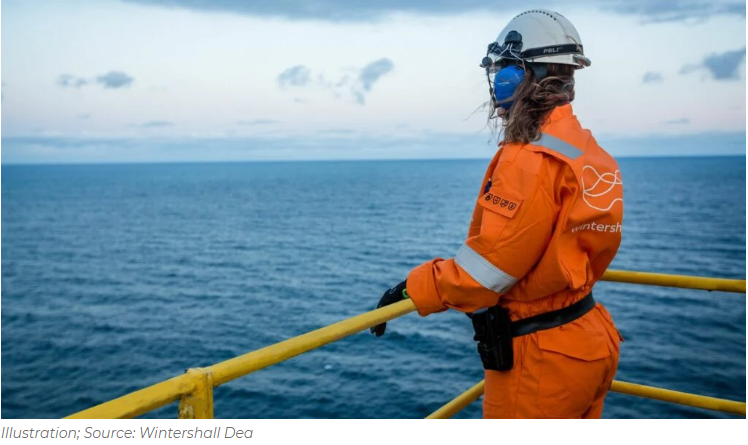
Germany’s Wintershall Dea and Belgium’s Fluxys have signed an agreement to jointly cooperate on a cross-border CO2 pipeline network connecting the two countries.
As part of the project, CO2 emissions from industrial clusters in southern Germany are to be transported to the German-Belgian border via the planned pipeline network. From there, the CO2 will be transported via the CO2 network in Belgium developed by Fluxys to Zeebrugge on the Belgian North Sea coast, and subsequently to offshore CCS storage locations in the North Sea where Wintershall Dea is involved.
Fluxys is constructing a CO2 hub in Zeebrugge as a collection point for the onward transport of industrial emissions to secure storage sites under the seabed of the North Sea. Wintershall Dea is also planning a CO2 hub, called CO2nnectNow, in Wilhelmshaven on the German North Sea coast.
Under the cooperation agreement, the companies are also assessing to jointly develop an offshore transport system, starting from Zeebrugge and Wilhelmshaven, to CO2 storage sites in the North Sea.
“We are delighted to cooperate with Wintershall Dea to accelerate the decarbonisation of industry in Southern Germany and beyond. The initiative dovetails perfectly with Fluxys’ strategy to be the essential partner for speeding up the energy transition”, said Pascal De Buck, CEO of Fluxys Belgium.
“One of our key focus areas is to develop open-access CO2 infrastructure to accommodate the carbon capture and storage chain. The CCS chain is essential for the industry to decarbonise while maintaining economic activity and employment. Our ambition is to provide the market capacity required to transport 30 million tonnes of CO2 by 2030.”
Hugo Dijkgraaf, Wintershall Dea’s Chief Technology Officer and Member of its Executive Board, added: “With Fluxys, we have a strong partner to advance the expansion of the CO2 transport network and thereby create the necessary infrastructure for the capture and storage of CO2 emissions from industry.
“In northern Germany, we are already well positioned through our foreseen CO2 hub in Wilhelmshaven. Through our cooperation with Fluxys, we now also want to offer opportunities for the decarbonisation of industrial sites in southern Germany.”